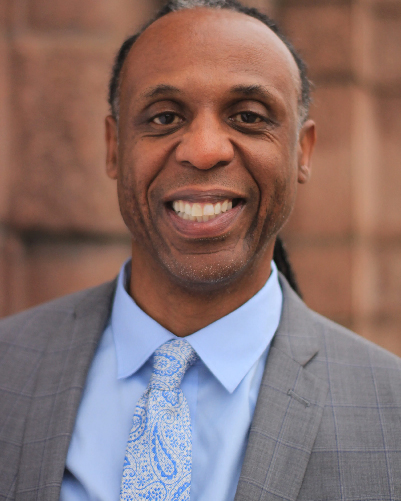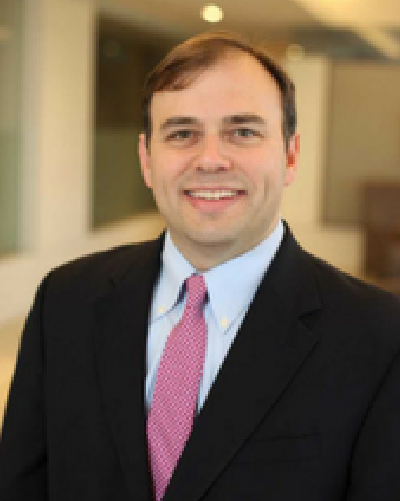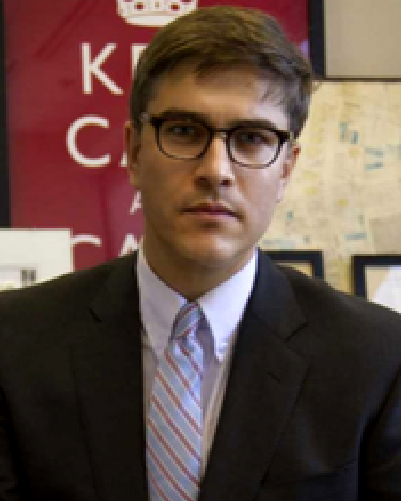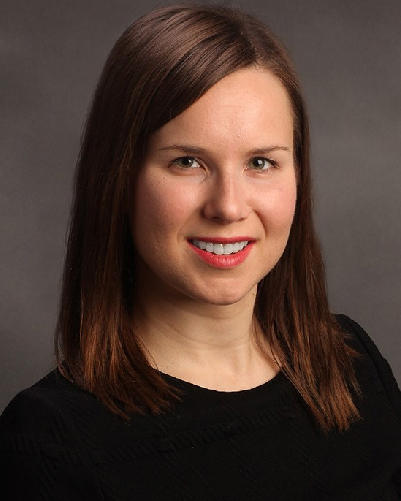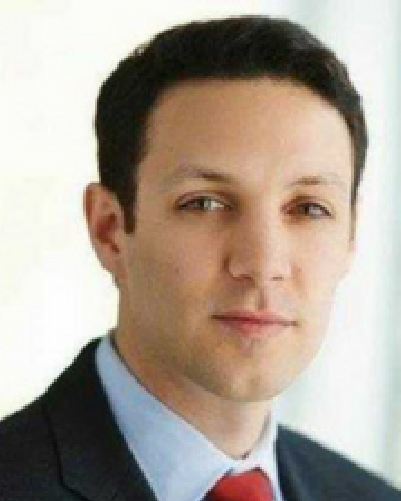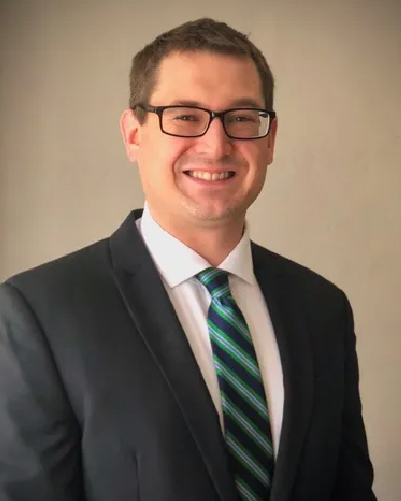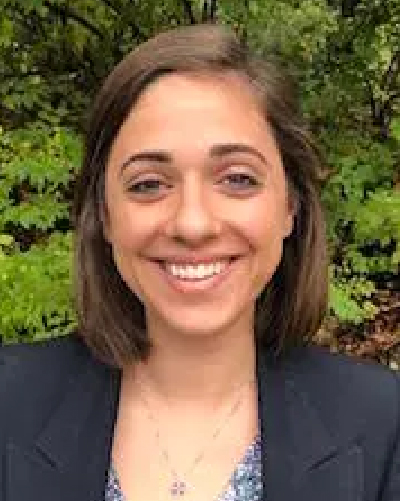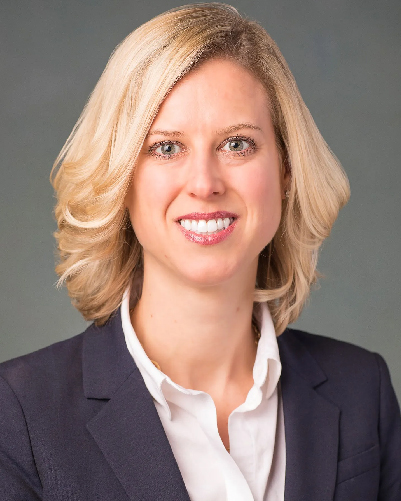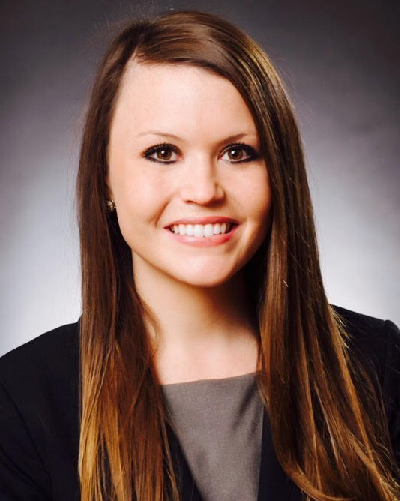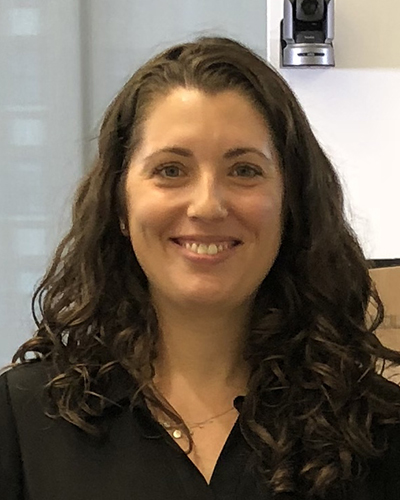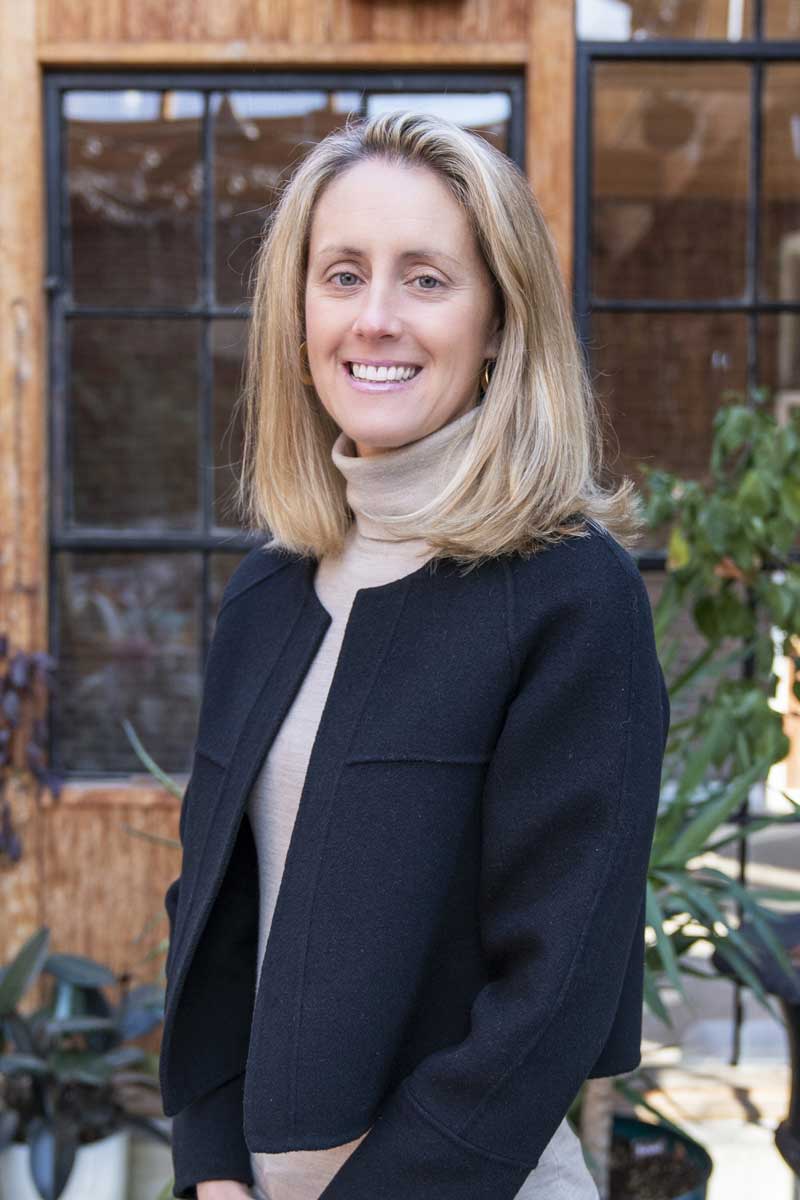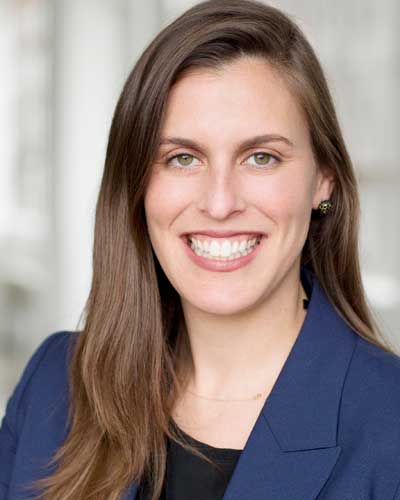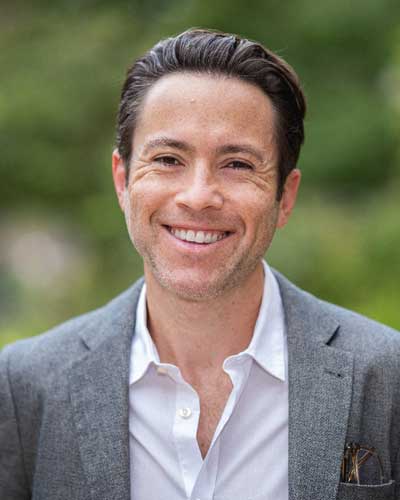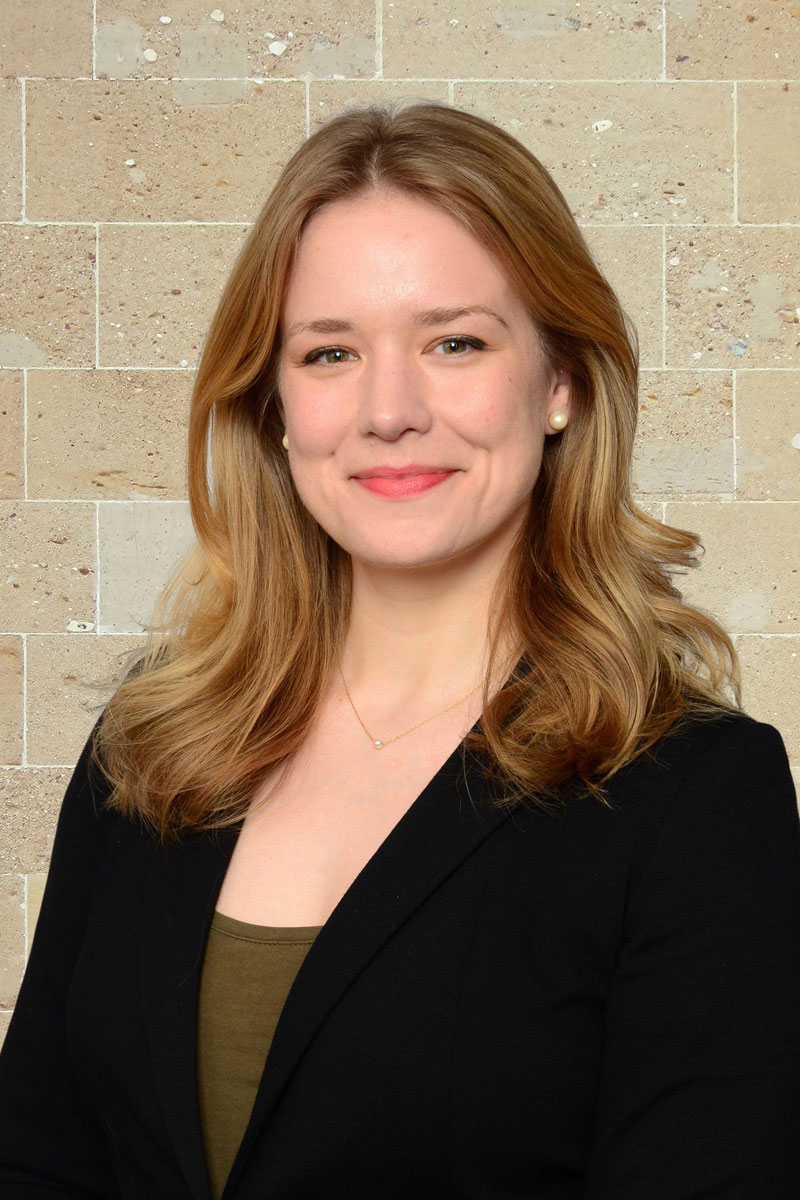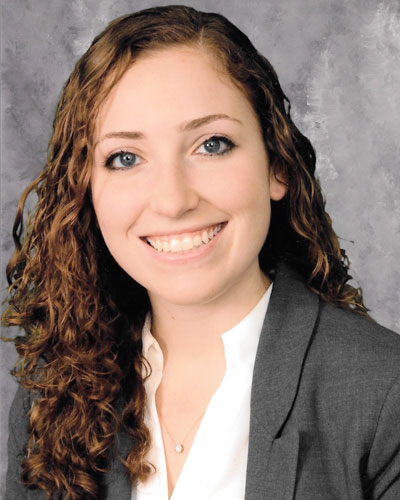The Medicaid Section 1115 Reentry Opportunity Waiver can improve health outcomes, increase reentry success, and support health care providers across Missouri.
Missouri faces a historic opportunity to provide Medicaid coverage to currently incarcerated individuals through the Centers for Medicare and Medicaid Services’ (CMS) Section 1115 Reentry Opportunity Waiver. Incarceration has substantial health consequences. It increases a person’s risk of premature death from infectious diseases, chronic lower respiratory disease, drug use, and suicide. People who are incarcerated already suffer from significantly higher rates of mental illness, substance use disorders, and chronic illness compared to the general population, as well as increased rates of homelessness. Managing these conditions can be complicated, yet maintaining good health is critical for successfully reentering the community post-incarceration. Health insurance is a necessary ingredient for maintaining good health.
Over 50% of incarcerated individuals in the United States are eligible for Medicaid health insurance coverage. Nevertheless, traditionally, Medicaid cannot be billed for health services received while the enrollee is incarcerated due to language in the original Social Security Amendments Act of 1965 (the Medicaid Inmate Exclusion Policy, “MIEP”). CMS’ Section 1115 Reentry Opportunity will waive this prohibition under certain circumstances to improve access to healthcare and increase reentry success.
The Waiver
In April 2023, the CMS issued guidance for designing demonstration projects under Section 1115 aimed at improving care transitions for certain individuals who are soon-to-be formerly incarcerated individuals. Under approved waivers, Medicaid can be billed for services received 30-90 days pre-release. Key requirements for Section 1115 Reentry Opportunity Waivers include:
- Required Services. States that apply and receive this waiver must provide case management, medication-assisted treatment, and 30 days of medication upon release. States may decide to expand the waiver to include any other Medicaid-eligible service.
- State Medicaid Policies. States must suspend, rather than terminate, Medicaid benefits upon incarceration. States must also demonstrate how correctional facilities will screen for Medicaid eligibility.
- Reinvestment Plan. States must demonstrate how any money saved by the state through Medicaid billing and federal financial participation will be reinvested in supportive reentry services.
As of October 2024, CMS has approved waivers from eleven states and fourteen more states have applications pending.
In Missouri
Missouri is well placed to submit a waiver application. Missouri passed legislation in 2019, Senate Bill 514, enacting suspension of benefits instead of termination. Missouri’s Department of Corrections has a procedure for screening incoming residents for Medicaid eligibility, and Missouri Appleseed is working with the Missouri Sheriffs’ Association and county jails to implement Medicaid screening and enrollment processes in jails across the state.
There is also wide stakeholder support for the waiver from agencies and organizations across the state. The state’s three Medicaid Managed Care (MCO) companies are eager to expand enhanced services to incarcerated individuals, many of whom are the MCOs’ most vulnerable consumers. Furthermore, major health care systems, rural healthcare providers, behavioral health and mental health care providers, county jails, youth correctional facilities, public health and criminal justice advocates, as well as the Missouri Primary Care, Hospital, Rural Health Care, Sheriffs, Jail Administrators, and Behavioral Health Care Associations have all expressed interest in supporting the waiver and providing data and assistance to the state.
Missouri’s Department of Corrections (DOC) and Department of Social Services (DSS) began the process of applying for this Section 1115 Reentry waiver in June of 2024. They have entered into a consultation agreement with Mercer Government to write the waiver. The state has the opportunity to apply for supplemental funding if necessary. DSS has unilateral control over the contents of the waiver draft, but to submit the waiver to CMS it must first obtain state legislative approval. This has been done through budget appropriations in the past, such as for the IMD waiver.
Recommendations for Missouri’s Waiver Draft
This section 1115 Reentry Opportunity Waiver is relatively new; the letter from CMS was sent merely eighteen months ago. However, enough states have applied and begun implementing section 1115 reentry services for CMS and advocacy groups to determine preliminary best practices. States are encouraged to include community stakeholders in planning and implementation and pay critical attention to health-related social needs, among other recommendations:
- Widely engage stakeholders. Missouri organizations are invested in helping the state prepare a waiver draft. Stakeholders on the ground have an abundance of knowledge, experience, and ideas to share with the state. Over forty groups have expressed interest in working with the state for to ensure a successful 1115 waiver draft that provides the best service to the greatest number of eligible Missourians. Importantly, feedback from formerly incarcerated individuals can identify both critical needs as well as opportunities for improving access to Medicaid and health care services.
- Pay critical attention to health-related social needs (HRSNs). Health-related social needs, such as housing and good nutrition, have substantial effects on health. In recognition of the role that HRSNs play in the success of Medicaid services, CMS has approved a list of supports outside of traditional health care services that can be included in section 1115 waivers. These newly-Medicaid-eligible supports provide housing and nutrition assistance. Housing supports include paying for housing transition and navigation services; first month’s rent and one-time moving costs; post-hospitalization housing (short term); and medically necessary home remediations (such as portable air conditioners). Nutrition supports include home delivered meals; pantry stocking; and nutrition prescription services.
- Include county jails in the waiver’s eligible facilities. County jails represent the majority of incarcerated individuals in the state of Missouri. Although Missouri state prisons house more individuals than jails do on any given day, in fact, jails see approximately five times as many individuals than prisons annually. On a single day in Missouri in 2015, prisons housed 30,337 individuals while county jails held a total of 11,372 individuals. From an annual perspective, however, four county jails had annual counts for 2015 that were greater than the ten busiest state prisons combined. But jails should be included in the waiver drafting process, along with the DOC, for reasons more than headcounts. People incarcerated in jails have higher incidences of mental illness and substance use than those in prisons: serious psychological distress (26% v. 14%, almost twice as many, compared to 5% among the general population) and major depressive disorder (31% v. 24%). 63% of jail residents and 58% of prison residents report having a substance use disorder. Expanding Medicaid access for incarcerated individuals in Missouri needs to include those in jails in order to reach the greatest number of people. The Missouri Sheriffs’ Association has identified Medicaid coverage pre-release as a critical tool for improving reentry success.
- Require, where possible, that in-reach be completed by MCOs and community healthcare providers. Although CMS allows states to use correctional care providers for all eligible services under the Section 1115 waiver, CMS recommends that states rely on MCOs and community healthcare providers when possible. Having MCOs complete Medicaid in-reach and enrollment connects individuals directly to their health insurance provider. Among states with MCOs, more than one-third now require MCOs to coordinate care for enrollees in prison or jail before their release. Early connection between incarcerated individuals and providers in their communities facilitates community transitions and improves health. The Missouri Primary Care Association, representing federally qualified health centers across the state, is eager to ensure their represented clinics can get improved federal financial participation through increased Medicaid coverage. Primary care providers have the bandwidth and desire to provide more in-reach services to correctional facilities if they can be reimbursed by Medicaid.
Missouri Appleseed has relationships with government, correctional, healthcare, and reentry groups across the state. These relationships and our experience with consensus-building uniquely situate us to coordinate and convene stakeholders in support of the section 1115 waiver. We are eager to support the state in the section 1115 Reentry Opportunity waiver process through connecting stakeholders and decisionmakers, providing the state with research and reports, and promoting the immense benefits the section 1115 Reentry Opportunity waiver will bring to the state of Missouri.

